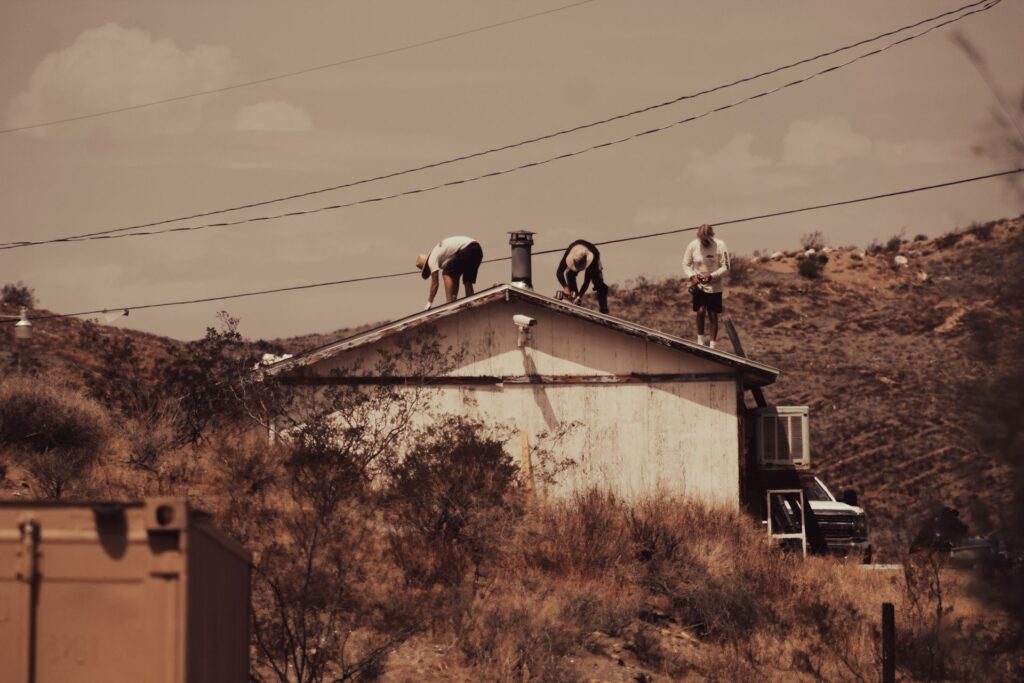A fire is a catastrophic event that can destroy countless things, some of which may be irreplaceable. It’s a devastating event, and it can be even more devastating when you realize that the homeowner’s or renter’s insurance you’ve faithfully paid into wants to devalue the lost items or deny the claims altogether. Fighting it out on your own can be incredibly stressful, especially when you’re unfamiliar with insurance company tactics and the red tape that may show up. Hiring an attorney experienced with insurance companies’ strategies to devalue and deny claims is highly recommended. In the meantime, here are some essential steps that need to be completed to strengthen your case.
How Do I Document My Losses in a Fire?
The most important thing you need to do is document what was lost as thoroughly and as soon as possible while it’s still fresh in your memory. That includes:
- A written list of what was lost or damaged.
- Any receipts that you still have that detail ownership and value.
- Photographs taken from every angle and, if possible, a video tour of the damaged site. While landscaping is rarely covered, including shots of damaged trees or yards reinforces how severe the fire was. Once the local fire department says it’s OK to return inside, be sure to get photos and videos of the interior damage as well. If the interior is so damaged that it’s too dangerous to enter, stay out, but if you have the chance to take photos through an exterior window without compromising safety, do so.
- Any documentation of expenses you incur because of the fire, such as nights at a hotel, meals, and any estimates or actual fees paid for repairs.
- Don’t throw anything away until you’re sure you’re not going to claim it.
Lack of documentation could cause the insurance company to deny the claim in part or in full, and it’s not easy to convince a court when there’s no evidence or documentation of what was lost.
What if There Is Personal Property That’s Intact, but the Home Is Too Dangerous for Me to Enter?
Your insurance company will likely want to help you get that intact personal property rather than have to replace it, especially if it was something valuable that was specified in your policy. They could have suggestions for how to manage this or recommendations for professionals who handle working in dangerous sites for debris removal.
Debris removal is a specialized process for which professionals clean up the fire site and remove hazardous materials. If debris removal is going to be done for your home, it’s best if you or someone in the household is present to document the property as it’s removed from the house. Your insurance adjuster may want to be present as well.
As the property is removed, take as many photos as possible along with notes explaining the photos. In some cases, the photos tell enough of a story, but in others, you may need to supply additional information. These photos can also be used to determine what might have been completely destroyed.
The things removed from the fire site need to be sorted by whether they can be saved or need to be thrown out. All of these things must be documented and notes saved about what was saved and what wasn’t. For items that can be salvaged with some repair, note that as well, as there could be a cost involved that would be covered by insurance.
What if My Insurance Company and I Don’t Agree on the Value of the Property Lost in a Fire?
If you haven’t brought in an attorney experienced in insurance claims, now is the time. Inspectors and adjusters hired by the insurance company will work on the company’s best interests, not yours. The amount of fine print can be intimidating and demoralizing. An attorney will understand it, be able to translate it to you, and help you understand what your rights and options are.
There are a number of ways an insurance company will handle these claims: The first choice obviously is to deliver full recompensation for the lost. But there are cases when they’ll try to deny the claim or reduce the settlement. There are a number of reasons that they’ll point to as reasons for that:
- Certain items weren’t covered in the policy.
- There wasn’t enough coverage for all the damage.
- They’ll claim that the values for the lost property you submitted was overestimated with the true value much lower.
What Can I Do if the Insurance Company Disagrees with the Value of My Lost Property?
An insurance company that doesn’t act by its terms and obligations to the policyholder is legally referred to as a “bad faith” company. There are bad faith companies that will deliberately try to avoid paying the claim through a number of tactics, including serial delays, refusal to pay what’s clearly covered in the policy, or demands that the homeowner continue to provide proof that’s already been submitted.
Because these are legal areas with specific terminology and remedies, having an attorney running the case could not only increase your chances of success, it could reduce your overall stress and emotional trauma from what is one of life’s more stressful events. A lawyer can look for evidence that the insurance company did not fully explain the policy’s limitations in a way that makes the homeowner think it includes more than it does.
These Texas Attorneys Can Help with Your Fire Claim
Call us at 855-786-7674 to request a free case evaluation. Our knowledgeable attorneys know the approaches insurance companies can take to deny fully or in part your claims for losses of personal property because of a fire. They’ll work on your behalf to ensure your insurance coverage pays what it should.
















